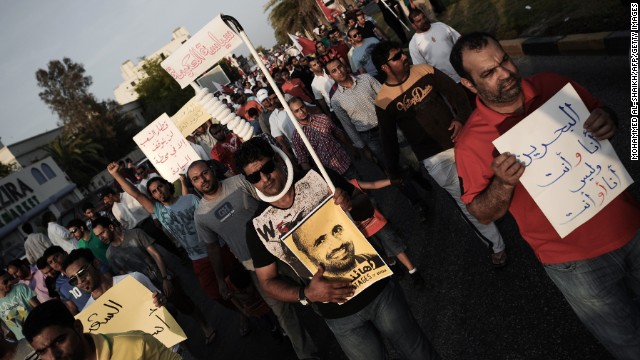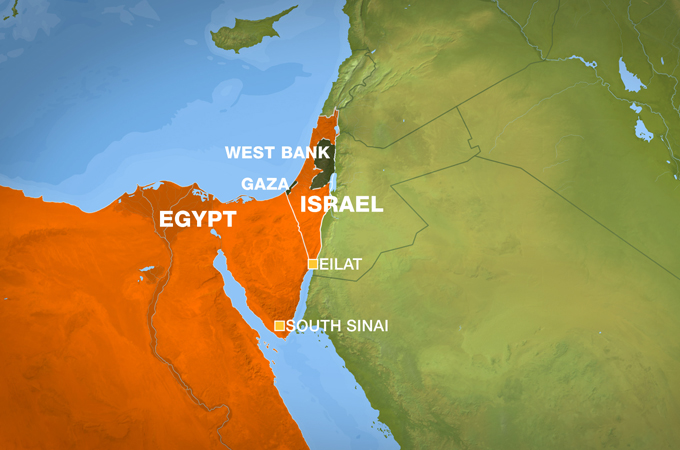By Kathryn Maureen Ryan
Impunity Watch Reporter, Middle East
CAIRO, Egypt – Dozens of civilian protesters were killed across Egypt as security forces clashed with protesters. At least 95 people were killed and hundreds more injures in Cairo’s Ramses Square after Egyptian security forces opened fire on anti-coup protesters orchestrating a “Day of Rage” against the military-led government.

In Alexandria, at least 21 people were killed in clashes between supporters and opponents of the military coup. More people were reportedly killed across the country, with at least eight protesters being killed in Damietta and four in Ismailia.
The Muslim Brotherhood and other anti-coup groups, calling themselves the Anti-Coup Alliance, had called for the “Day of Rage” protests on Friday to protest the Egyptian military’s crackdown on sit-in demonstrations that left hundreds of civilians killed on Wednesday, August 14. The Muslim Brotherhood denied any involvement in these attacks.
Said Mohammed, an anti-government protester, reportedly witnessed snipers and men in helicopters gun down people in the crowds. “Helicopters started to shoot us as we were walking,” he said. “Not bombs this time, it was bullets. My friend took a shot in the neck and he died. This was the first time we saw helicopters shooting. There were people shooting from the windows.”
As Egyptian forces cracked down on protests camps organized by the Muslim Brotherhood in Cairo, some Morsi supporters directed their anger at the nation’s Christian minority. Churches, houses, monasteries, orphanages, schools, businesses and other establishments belonging to Coptic Christians were attacked in nine provinces across the country. The Maspero Youth Union, a Coptic activist group, said Thursday that these attacks caused “panic, losses and destruction for no reason and no crimes they committed except being Christians.”
Bishop Angaelos, the leader of the Coptic Orthodox Church in the United Kingdom, said that he was told by colleagues in Egypt that 52 churches, in addition to Christian owned homes and business, were attacked in a 24-hour time period beginning Wednesday. Ishak Ibrahim, from the Egyptian Initiative for Personal Rights, reported that he has confirmed at least 30 of these attacks.
Two days before Wednesday’s violence, Egypt’s Coptic Orthodox Pope Tawadros II called on all Egyptians for peace in Egypt and for all Egyptians to prevent further bloodshed. He said, “With all compassion I urge everyone to conserve Egyptian blood and ask of every Egyptian to commit to self-restraint and avoid recklessness and assault on any person or property.”
Egypt’s violence has been condemned by the international community. U.S. President Barack Obama condemned the actions of Egypt’s Intern government and called for it to end the month long state of emergency that was put in place by the intern government following Wednesday’s violent crackdown on civil protests. In response to the violence in Egypt, President Obama cancelled a planned joint military exercise in protests of the state’s bloody clashes with civilians protesting the ouster of former President Morsi, suggesting a growing right between the historic allies.
For further information please see:
Al Jazeera – Scores Dead in Egypt’s ‘Day of Rage’ Clashes – 16 August 2013
NBCNews – Obama Condemns Egypt over Violence, Cancels Joint Military Exercise – 15 August 2013
USA Today – Egypt’s Christians under Attack Since Morsi’s Ouster – 15 August 2013
CNN International – ‘Horrible’: Christian Churches across Egypt Stormed, Torched – 1 August 2013

